Das Symposium von, mit und für junge Menschen der Region des West-Balkans
28.05.2022
Sudetendeutsches Haus
Kulturzentrum
Hochstraße 8, 81669 München
Programm
- 14.00 – 15.30 – Workshop „Erinnerungskultur“
- 15.30 – 16.00 – Pause und Vorbereitung auf die Podiumsdiskussion
- 16.00 – 18:00 – Abschlusspodiumsdiskussion „Erinnerungskultur für die Zukunft des Balkans“
- 18.00 – Ende des Symposiums
Das Ziel dieses Symposiums ist es, über die Vergangenheit zu sprechen, um eine bessere und strahlendere Zukunft für uns alle zu kreieren.
Dementsprechend werden wir in diesem Symposium die Vergangenheit und die Erinnerungskultur anhand einer Vielzahl von Themen besprechen, darunter Geschichte, Wissenschaft, Tourismus, Kultur, Kunst, Philosophie sowie neue Richtungen wie „digitales Marketing“ und die Auswirkungen der Medien auf die Erinnerungskultur.
Die Idee dahinter ist, der Jugend des Balkans eine Möglichkeit zu bieten sich im Rahmen des Mini-Workshops im Laufe des Tages mit verschiedenen Themen auseinanderzusetzen, und die Ergebnisse dieser Diskussionen anschließend bei der Abschlussdiskussion mit dem Titel „Erinnerungskultur für die Zukunft Balkans“ zu präsentieren. Ausgehend von dieser Diskussion ergibt sich die Möglichkeit für eine gemeinsame Retrospektive der Vergangenheit und dadurch das notwendige gemeinsame Kreieren der Zukunft.
Workshop „Erinnerungskultur“
Vorbereitung und Moderation: Melina Borčak
Verdränge, vergiss, verschweige. Wenn Menschen unangenehme Ereignisse wie Kriege, Konflikte, Krisen durchleben, versuchen sie das Erlebte zu verdrängen, vergessen, zu verschweigen. Doch die aktive Konfrontation mit unangenehmen Erlebnissen ist die notwendige Basis, um nach vorne blicken zu können, um Hoffnung auf eine bessere und friedlichere Welt zu entwickeln, um das lang ersehnte Licht am Ende des Tunnels erblicken zu können.
Das Ziel des Workshops ist es, den Fokus auf die Wichtigkeit der Erinnerungskultur im Prozess der Verarbeitung des Erlebten und der Versöhnung zu legen, sowie zu erörtern, ob bzw. wie weit dieser Prozess auf dem Balkan initiiert wurde und fortgeschritten ist.
Balkan Tage
Während das Zielpublikum der Balkantage sowohl die Diaspora als auch alle anderen an kulturellem Austausch interessierte Menschen umfasst, liegt uns die Jugend besonders am Herzen. Gerade junge Menschen brauchen einen kooperativen und positiven Kontext, um ihre schwierigen Erlebnisse – die eigenen oder die ihrer Familie – zu verarbeiten. Auf diese Weise wird ihnen ermöglicht viele schöne, neue Erinnerungen zu kreieren. Die Balkantage 2022 mit dem zentralen Thema „Erinnerungskultur“ werden hierzu einen wichtigen Beitrag leisten.
Die Balkantage zeichnet die Tatsache aus, dass sie durch eine friedliche und fröhliche Atmosphäre die Gelegenheit bieten, die schönsten Aspekte der Balkan-Kultur zu erläutern und sich diesbezüglich auszutauschen. Kunst, Musik, Essen, und Vieles mehr gehören dazu. Viele Dinge gibt, auf die die Balkanvölker gemeinsam und mit Stolz zurückblicken können: ihre Tradition, Gastfreundschaft, und ihre eng miteinander verbundenen Kulturen. Auf diese Weise werden positive Erinnerungen geschaffen und gestärkt.
Organisationsteam
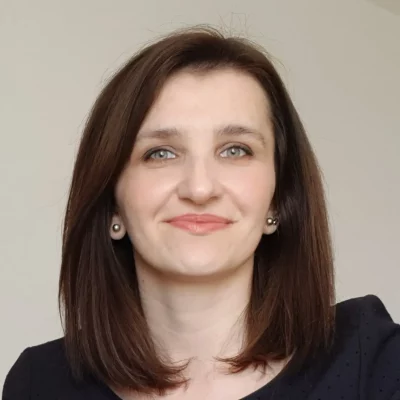
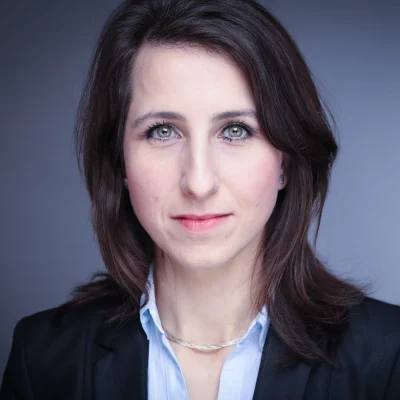
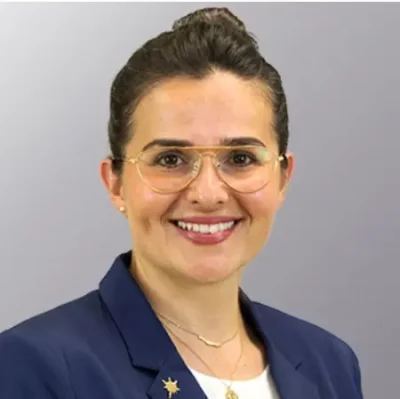
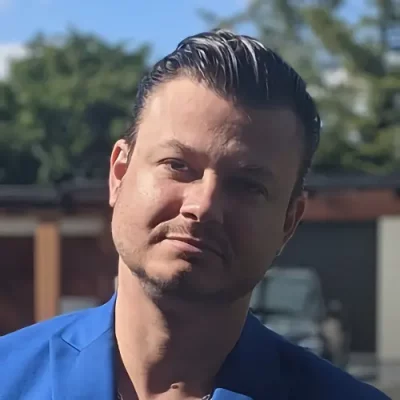
Teilnehmer der Podiumsdiskussion
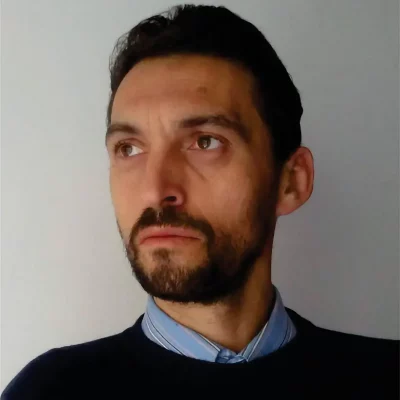
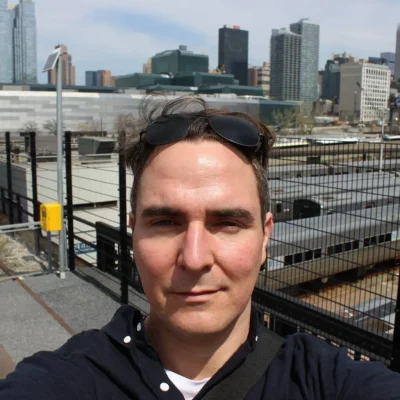
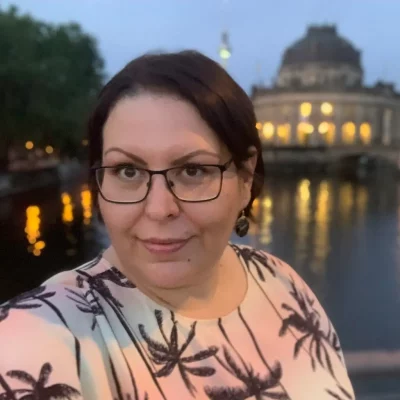
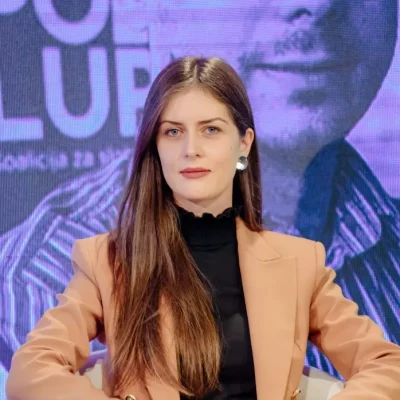
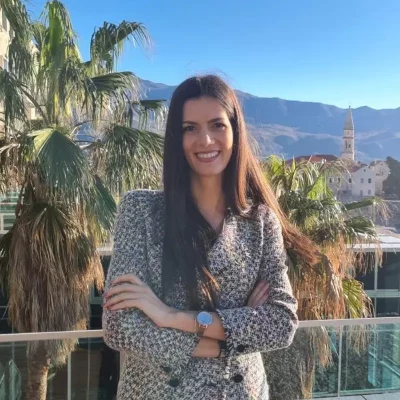

Kulturom sjećanja za budućnost Balkana
28.05.2022
Sudetendeutsches Haus
Kulturzentrum
Hochstraße 8, 81669 München
Program
- 14.00 – 15.30 – Druga radionica „Kultura sjećanja“
- 15.30 – 16.00 – Pauza i priprema za podijum diskusiju
- 16.00 – 18.00 – Završna podijum diskusija „Kulturom sjećanja za budućnost Balkana“
- 18.00 – Kraj simpozijuma
Cilj ovog simpozija u cjelini je razgovor o prošlosti kako bismo izgradili sebi bolju i svjetliju budućnost. U skladu s time, na ovom simpoziju ćemo o prošlosti i kulturi sjećanja razgovarati kroz različite teme uključujući historiju, nauku, turizam, kulturu, umjetnost, filozofiju kao i nove pravce kao što su digitalni marketing i uticaj medija na kulturu sjećanja. Ideja je da kroz dvije mini radionice u toku dana mladi Balkana obrade različite teme te da rezultati tih diskusija budu predstavljeni i diskutovani na završnoj podijum diskusiji pod nazivom „Kulturom sjećanja za budućnost Balkana“. Na osnovu ove diskusije, pruža se prilika za zajednički osvrt na prošlost i neophodno zajedničko kreiranje budućnosti.
Radionica „Kultura sjećanja“
Voditelj radionice: Melina Borčak
Potisni, zaboravi, sakrij. Kada ljudi prolaze kroz užasne stvari kao što su ratovi, sukobi, krize, pokušavaju da potisnu ono što su doživjeli, da zaborave i prikriju. Ali aktivna konfrontacija sa lošim iskustvom je neophodna osnova da se može gledati naprijed, razvijati nada u bolji i mirniji svijet, biti u stanju da vidimo mnogo očekivano svjetlo na kraju tunela. Cilj ove radionice je da se usredsredi na značaj kulture sjećanja u procesu obrade iskustva i pomirenja kao i da se razgovara o tome da li je i koliko daleko ovaj proces pokrenut i uznapredovao na Balkanu
O danima Balkana
Dok je ciljna publika Balkanskih dana dijaspora, ali i svi drugi ljudi koji imaju interes za kulturnu razmjenu, mladi su nam posebno važni. Mladima je posebno potreban kolaborativni i pozitivan kontekst za obradu teških uspomena – bilo svojih ili onih iz njihove porodice – i za stvaranje lijepih, novih uspomena. Dani Balkana 2022. će tome dati značajan doprinos sa temom „Kultura sećanja“.
Ono što posebno odlikuje Balkanske
dane je to što nude mirnu i radosnu priliku za razmjenu najljepših aspekata kultura Balkana: umjetnosti, muzike, hrane, i još mnogo toga. Razlog tome je što postoji toliko toga na što se balkanski narodi zajedno i s ponosom mogu osvrnuti: svoje tradicije, svoje gostoprimstvo i svoje usko povezane kulture. Na taj način se stvaraju i jačaju pozitivna sjećanja.
A culture of remembrance for the future of Balkan
28.05.2022
Sudetendeutsches Haus
Kulturzentrum
Hochstraße 8, 81669 München
Program
- 14.00 – 15.30 – Workshop „Memory culture“.
- 15.30 – 16.00 – Break and preparation for the panel discussion
- 16.00 – 18:00 – Final panel discussion „Memory culture for the future Balkans“.
- 18.00 – End of the symposium
The aim of this symposium is to talk about the past in order to build a better and brighter future for ourselves. Accordingly, at this symposium we will discuss the past and culture of memory through various topics, including science, tourism, culture, art, philosophy, as well as new directions such as digital marketing and media influence on the culture of remembrance. The idea is that through the mini workshop young people from the Balkans address various topics and that the results of these discussions are presented and discussed at the final podium discussion entitled „Culture of Memory for the Future of the Balkans“. Based on these discussions, there is an opportunity for a joint review of the past and the necessary joint creation of our future.
Workshop “A culture of remembrance”
Lead by: Melina Borčak
Suppress, forget, conceal. When people go through bad things like wars, conflicts, crises, they try to suppress what they have experienced, forget them, and conceal them. But the active confrontation with the bad experiences is the necessary basis to be able to look ahead, to develop hope for a better and more peaceful world, to be able to see the much-awaited light at the end of the tunnel.
The aim of this workshop is to focus on the importance of the culture of remembrance in the process of processing the experience and reconciliation as well as to discuss whether and how far this process has been initiated and advanced in the Balkans.
Balkan Days
While the target audience of the Balkan Days includes the diaspora as well as all other people who have an interest in cultural exchange, young people are particularly important to us. Young people in particular need a collaborative and positive context to process difficult memories – be they their own or those of their family – and to create beautiful, new memories. The Balkan Days 2022 will make an important contribution to this with the theme „Culture of Remembrance“.
What distinguishes the Balkan Days in particular is that they offer a peaceful and joyful occasion for the exchange of the most beautiful aspects of the cultures of the Balkans: art, music, food, and much more. Yes, there is so much that the Balkan peoples can look back on together and with pride, their traditions, their hospitality and their closely connected cultures. In this way, positive memories are created and strengthened together. On this basis of discussion, a joint reappraisal of the past can take place.
